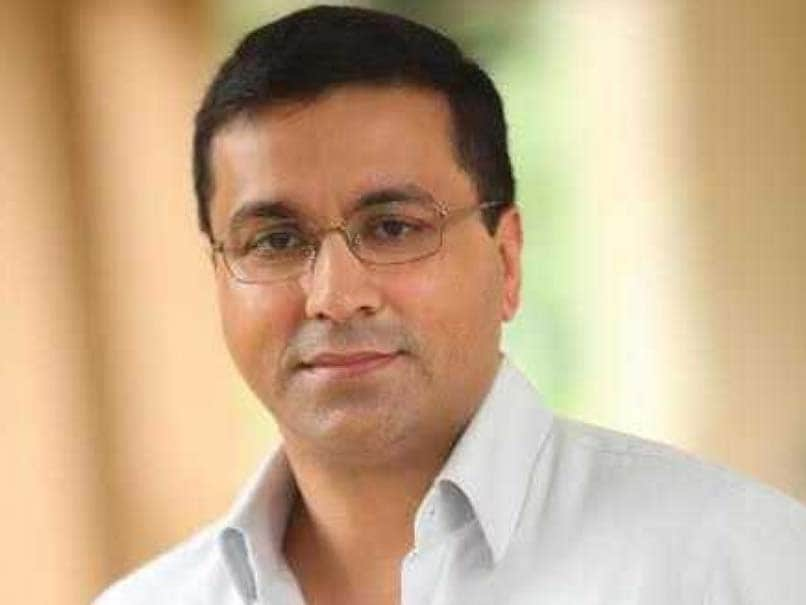COA Notice To BCCI Office-Bearers On Rahul Johri Ouster From SGM
Apart from Rahul Johri, general manager M V Sridhar was also not allowed to attend the meeting.
- Press Trust of India
- Updated: July 27, 2017 04:07 pm IST

Highlights
-
Johri is considered its representative in all BCCI meetings
-
COA served a notice to top BCCI office-bearers
-
GM M V Sridhar was also not allowed to attend the meeting
A miffed Committee of Administrators (CoA) on Thursday served a notice to top BCCI office-bearers, including acting president C K Khanna, for not allowing CEO Rahul Johri to attend its latest Special General Meeting (SGM). Acting secretary Amitabh Chaudhary and treasurer Aniruddh Chaudhry also received the notice. As per the third Status Report of the CoA, dated April 6, Johri is considered its representative in all BCCI meetings but during the board's SGM on Wednesday, Amitabh Chaudhary requested Johri to leave the meeting premises along with other employees of BCCI.
The acting secretary's contention was that since the Supreme Court, in its July 24 judgement, has strictly mentioned that only office-bearers of state associations can attend the SGM, they were following the apex court's directive "in letter and spirit".
"Yes, Mr Khanna, Mr Amitabh Chaudhary and Mr Aniruddh Chaudhry have all received e-mail communication from the CoA. The CoA wants to know how Rahul Johri was debarred from the meeting. Till date, Johri, in his capacity as the CEO, has attended all SGM since joining BCCI," a BCCI official, who did not wish to be quoted, told PTI.
Apart from Johri, general manager M V Sridhar was also not allowed to attend the meeting.
It has been a general convention that most of the executive staff of BCCI attend such meetings. Apart from CEO, who is a part of the decision-making process, his team also provides all the necessary secretarial services during the meetings.
To exercise caution, the acting secretary only allowed office-bearers after checking authorisation letters from the representatives of the various state units.
It must also be mentioned in this regard that one of the five "practical problems" in Lodha Reforms that BCCI has apparently found out is the distribution of power between office-bearers and executive functionary.
As per the Lodha Committee reforms, the CEO will be the most powerful executive functionary of the board (like all other cricket boards). Traditionally, however, secretaries and presidents wielded absolute power in the BCCI.
The former Jharkhand top cop felt slighted when the CoA, at the beginning of their term, had asked Johri to convene a selection meeting, which, as per BCCI constitution, is the secretary or joint secretary's prerogative.
During the various ICC meetings in the past, the CEO's meet has always been attended by the secretary of the Indian cricket Board despite the presence of a CEO.
The current move by the acting secretary may turn counter-productive for the BCCI as the CoA, in its fourth status report submitted to the Supreme Court, had praised Chaudhary's efforts to draw a consensus among members pertaining to adoption of the Lodha Committee Reforms.
The BCCI, at its SGM on Wednesday, rejected all the key components of good governance recommended in the Lodha Reforms, including age-cap (70 years), cooling-off (three years after each term) and tenure (cumulative 18 years in state and BCCI).
